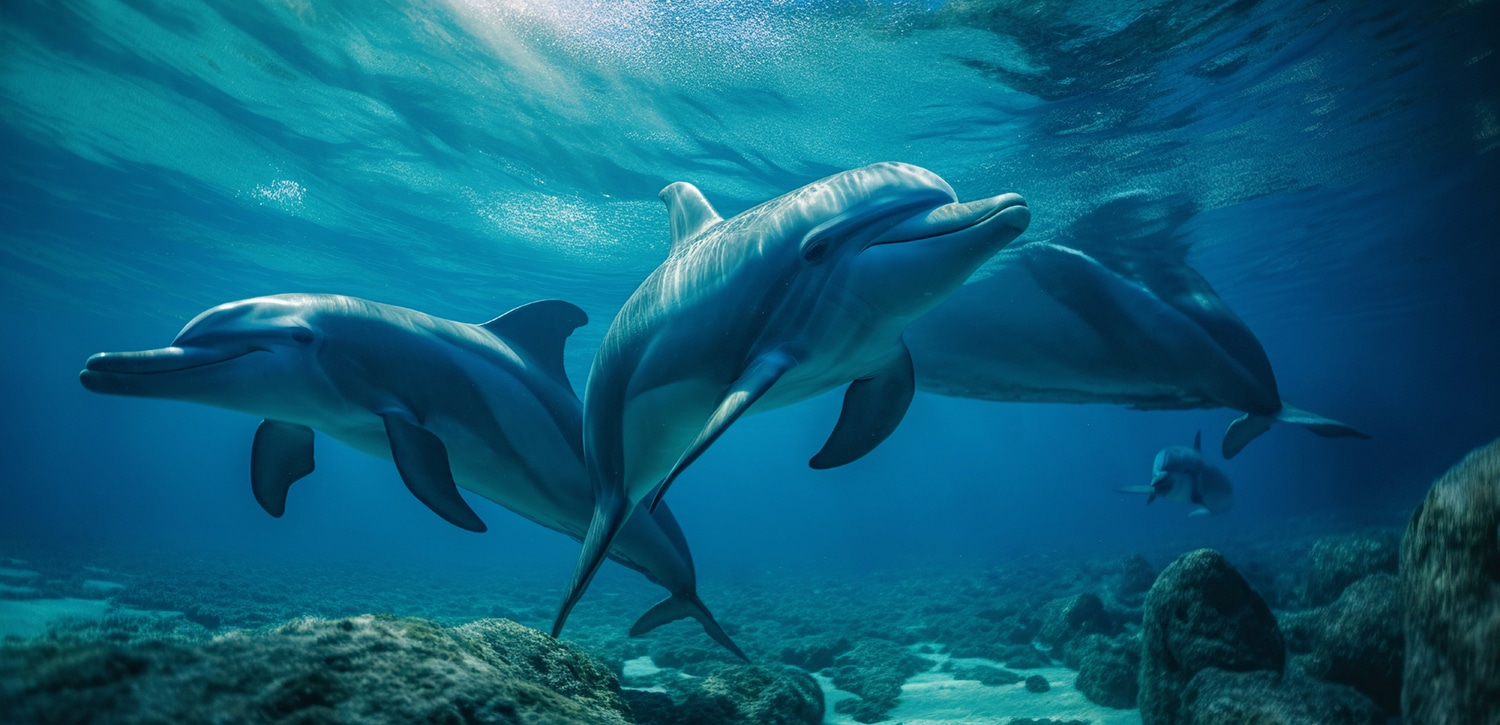Marine Biodiversity Treaty Preparatory Commission Concludes

The Preparatory Commission for the new treaty on marine biodiversity has successfully concluded its inaugural session in New York, addressing critical governance issues and mechanisms for cooperation. The Commission, which met from April 14 to 25, 2023, focused on establishing financial and procedural rules, as well as subsidiary bodies under the treaty. With 113 signatories now, including Thailand, the Agreement is set to enter into force once it receives its sixtieth ratification. The Commission will reconvene for its second session in August 2025.
Key Outcomes of the First Session
During its first session, the Commission discussed various aspects of the Agreement under the United Nations Convention on the Law of the Sea. Co-Chairs Janine Coye-Felson from Belize and Adam McCarthy from Australia provided oral summaries of the discussions, highlighting both areas of consensus and divergence among delegates. They emphasized the need for further documentation to guide the Commission’s work leading up to its next session. The focus was on creating a robust framework for the Clearing-House Mechanism and ensuring effective governance structures that will facilitate the sustainable use of marine biodiversity in areas beyond national jurisdiction.
The Agreement, adopted on June 19, 2023, aims to protect marine biological diversity and is a significant step towards international cooperation in ocean conservation. The Commission’s work is crucial as it lays the groundwork for the first meeting of the Conference of the Parties, which will be convened by the United Nations Secretary-General within a year of the Agreement’s entry into force.
Addressing the Needs of Developing States
A recurring theme throughout the session was the necessity to address the specific needs of developing states. Representatives from various countries, including Sierra Leone and Haiti, underscored the importance of ensuring that the Agreement is implemented in a manner that is equitable and transparent. They called for recognition of the unique challenges faced by small island developing states, least developed countries, and landlocked nations.
Delegates from Tuvalu and Bangladesh echoed these sentiments, stressing that the final outcomes of the Commission’s work must reflect the interests and priorities of developing nations. The need for accessible financial mechanisms and achievable reporting standards was also highlighted, with calls for enhanced cooperation to ensure that all countries can participate fully in the Agreement’s implementation.
Early Implementation Efforts and Future Events
Several delegations shared their initiatives aimed at advancing the Agreement’s objectives. Chile introduced its “BBNJ First Movers” initiative, which seeks to establish marine-protected areas in the high seas and foster international collaboration. The European Union also highlighted its partnerships with Seychelles and Palau to support the Agreement’s ratification and implementation.
Looking ahead, the Republic of Korea announced the upcoming “Our Ocean Conference,” scheduled for April 28-30, 2023, in Busan. This annual event will gather global ocean leaders to discuss strategies for the sustainable use and conservation of ocean resources. The High Seas Alliance emphasized the urgency of securing additional signatures and ratifications to bring the Agreement into force as soon as possible, aiming to meet the 30-by-30 goal of the Kunming-Montreal Global Biodiversity Framework.
Observer Voice is the one stop site for National, International news, Sports, Editor’s Choice, Art/culture contents, Quotes and much more. We also cover historical contents. Historical contents includes World History, Indian History, and what happened today. The website also covers Entertainment across the India and World.

